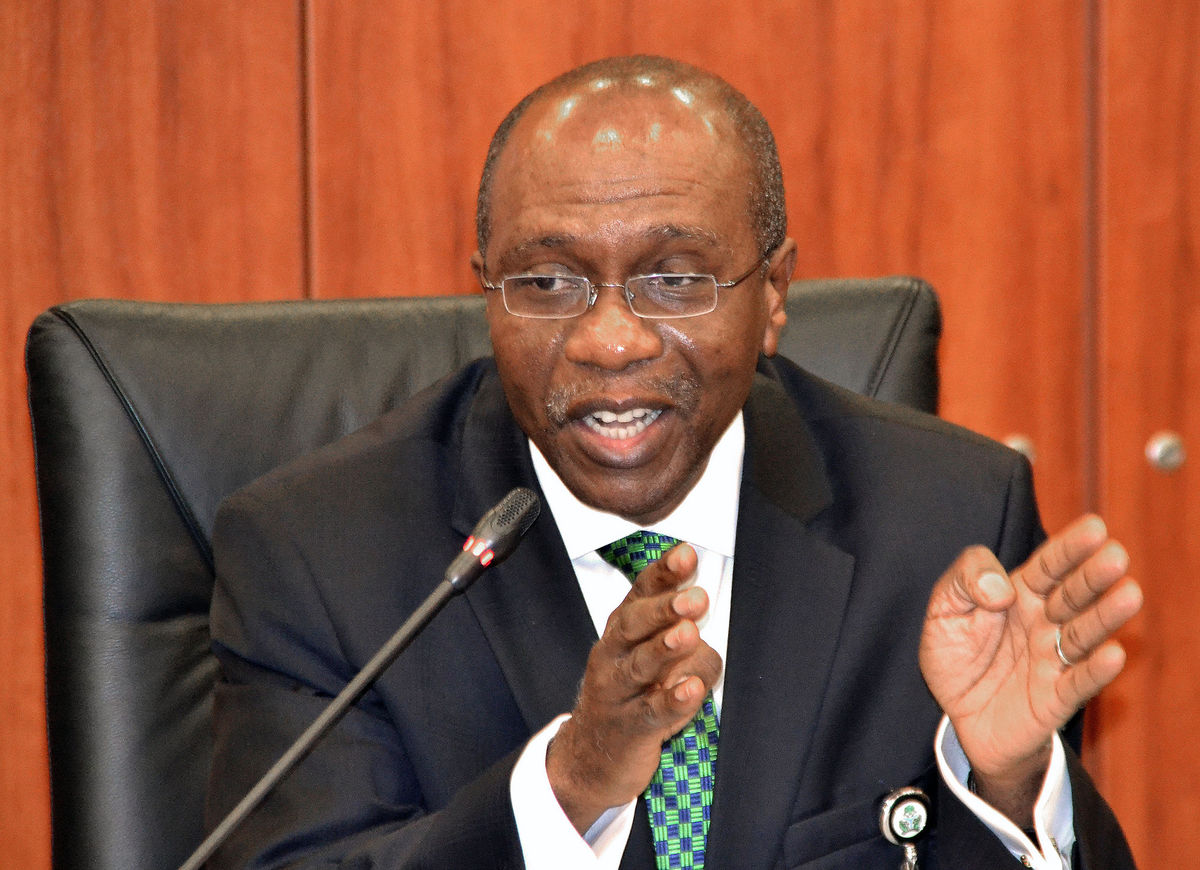The Central Bank of Nigeria has explained why the Monetary Policy Committee of the apex bank decided to retained the monetary policy rate at 14% despite calls by some people for a reduction in the rate.
Recall that its 263rd meeting held in Abuja between Monday and Tuesday, retained the cash reserves ratio and liquidity ratio at 22.5 percent and 30 percent respectively, while the asymmetric window was left at +200 and -500 basis points around the MPR.
Emefiele, while reading the communiqué of the meetings, said: “There is need to maintain the current monetary policy stance and wait a clearer understanding of the quantum and timing of liquidity injections into the economy before deciding on possible adjustment.”
The CBN governor said Inflation pressures would keep increasing, resulting from increased spending in the months leading to the 2019 general election.
He said the committee was concerned that the country’s exit from recession “may be under threat,” noting that the “economy slowed by 1.95 percent and 1.50 percent during the first and second quarter of 2018 respectively”.
“The near term offside risks to inflation remains the dissipation of the base effects, expected 2019 election spending, continued herdsman attack on farmers and the current episode of flooding which destroys crops and affects food supply and prices ultimately,” he said.
“In this regard, the committee urged the fiscal authorities to ensure sustained implementation of the 2018 budget to relieve the supply side growth constraint, as well as address the flooding incidents which has become perennial on a permanent basis.”
The move appears as a cautious approach against any outcome of the United States’ rates meetings holding today. With the new development, the possibility of issuing emergency financial instruments by the monetary authorities next week is now high, as the rate decision shows the need to stem capital flight and attract more foreign investments amid falling external reserves.
With poor outlook on inflation, political tension, looming rate hike in U.S. and falling foreign exchange inflows, causing the reserves to fall below $45 billion, the nearest potent tool would be high yielding financial instruments to stem capital flight.
Experts have already described the CBN’s move as opting for stability, which is urgently needed before any consideration of economic growth, as sliding foreign investments are renewing pressure on the external reserves.
Renowned economist, Bismarck Rewane, said the decision was in order, especially when the pressure on the external reserves had returned.

 Football1 day ago
Football1 day ago
 Business1 week ago
Business1 week ago
 Business1 week ago
Business1 week ago
 Education1 week ago
Education1 week ago
 Crime1 week ago
Crime1 week ago
 Covid-191 week ago
Covid-191 week ago
 Business1 week ago
Business1 week ago
 Latest5 days ago
Latest5 days ago

